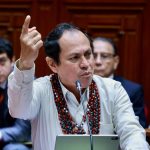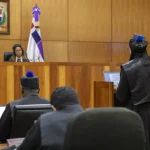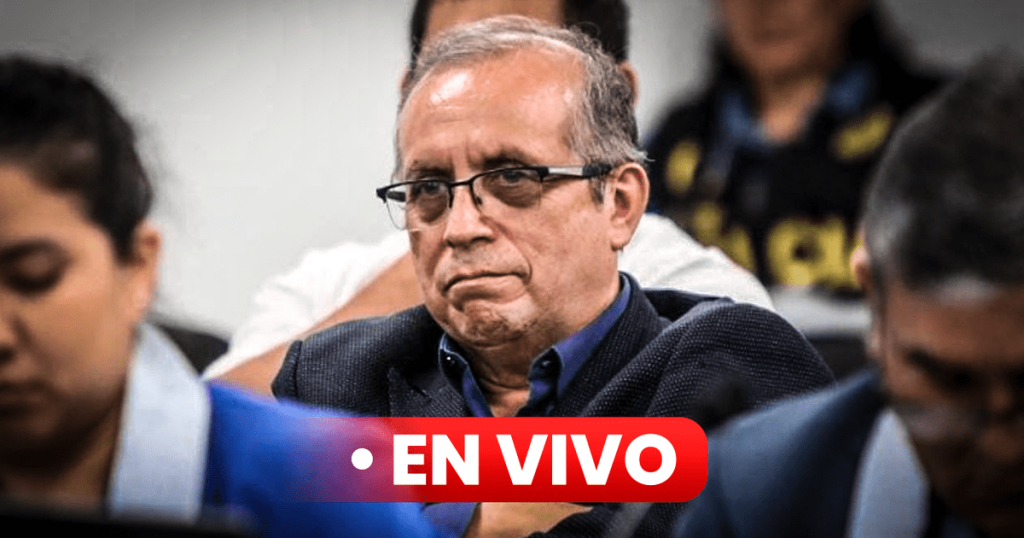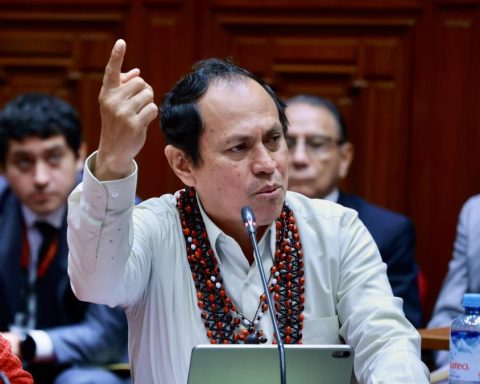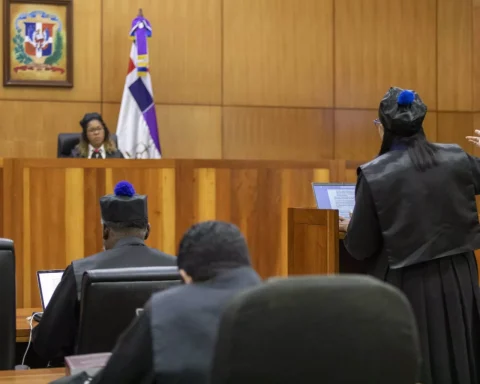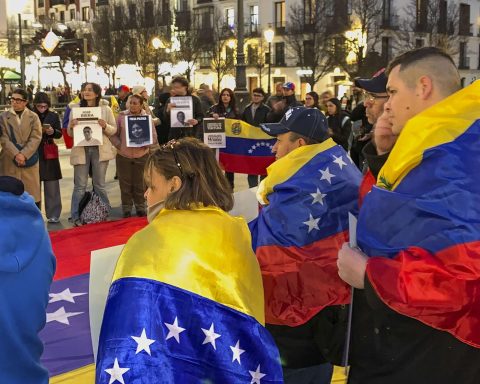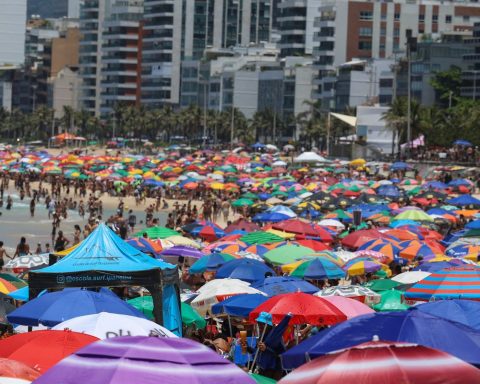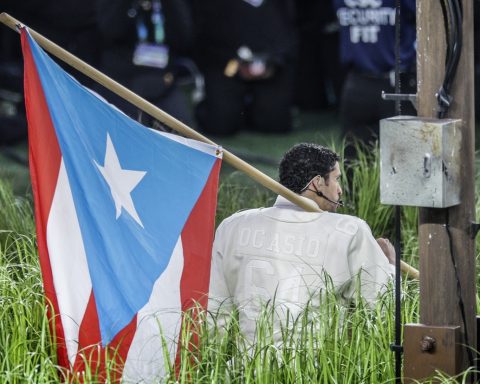Bernardo Barranco V.
Yes
ented in a table, we ate in an old and beautiful house in San Ángel. At the initiative of María Luisa Aspe we were Monsignor Ramón Castro Castro, today president of the Conference of the Mexican Episcopate (CEM), then recently appointed bishop of Cuernavaca; the historian María Eugenia García Ugarte; the internationalist Sergio Aguayo and the hostess. He asked me if I was Catholic. I replied that I was an anticlerical Catholic. He was surprised and pointed out that it was contradictory. I rebuked him by saying that I understood clericalism as a form of power and imposition. Next, Dr. García Ugarte gave a lecture on how a large part of the liberals of the 19th century were Catholic, but faced the arbitrariness of the clergy and manipulation of the Church. During the discussion, I confirmed that Don Ramón is quite traditional. Everything happens through the Church as a perfect society, an ecclesiocentrist, then.
The new president of the CEM is one of the bishops’ hard line. His irritation against the 4T is visceral. It has as a precedent the confrontation that he waged against the purulent government of Graco Ramírez, supposedly leftist. It is enough to see the content of his videos as spokesperson for the bishops to perceive that the criticisms, complaints and accusations towards the Morena governments are vehement. It would be interesting to do a discourse analysis to verify the degree of political subjectivity.
Open to social criticism, it is closed to accusations against the Church. Castro Castro has an open file for covering up clerical pedophilia by the organizations Bishop Accountability and Spes Viva. Sensitive to issues of poverty, injustice, freedoms, he is at the same time very conservative in moral matters. He criticizes new couples, the option of terminating a pregnancy and questions the rights of LGTBQ communities. He has been an implacable critic of the government’s security policy, calling for toughening up criminal organizations and a new strategy regarding migration.
A pastor close to the people, he has achieved important social mobilizations for peace, as well as against the policies of then-governor Graco Ramírez. Effectively manage social networks; It has a group of anti-T4 media with which it dialogues and has the support of conservative Catholic news agencies, such as ACI Prensa, Aleteia and Zenit.
Dr. Mónica Uribe, historian and specialist in the Church, maintained in an article that Ramón Castro was protected by Emilio Berlié, archbishop emeritus of Yucatán and member of the so-called Club of Rome, now apparently extinct. Very curious that he was ordained a priest in 1982 by Juan Jesús Posadas Ocampo, another prominent member of the group. And what about the primate archbishop of Mexico, Norberto Rivera, leader of that ecclesiastical cartel, who formally handed over the staff of the ecclesiastical headquarters of Cuernavaca to the new bishop in 2013. Coincidences? Could it be that Ramón Castro is heir to that sinister religious group founded by the then nuncio, Girolamo Prigione?
Castro’s career was outlined in Vatican diplomacy. The then bishop of Tijuana, Emilio Berlié, sent him to the Pontifical Ecclesiastical Academy in 1985 to enter the Vatican diplomatic service. Castro obtained a degree in canon law from the Gregorian University in 1987, where he coincided with Pietro Parolín, current Secretary of State. He then obtained a doctorate in spiritual theology from the Pontifical Theological Faculty Teresianum, of the Carmelites. Under the pontificate of John Paul II, Castro was appointed to nunciatures in Zambia, Malawi and Angola. He also passed through Ukraine, Venezuela and Paraguay. From 1989 to 2001, Ramón’s career was outlined in the foreign service. In Rome at the beginning of the century he was director of the Pence of Saint Peter, the body that manages the resources of donations and alms from all the dioceses, a position he held until 2004.
Apparently, the bishops elected him to maintain a critical and strong stance towards the second floor of the 4T. Since the murder of the Jesuits in the Tarahumara, the Mexican bishops fractured the line of balance in the relationship with the State. As never before, they positioned themselves as the ecclesiastical division of the opposition. They openly proselytized against Morena both in the parish arena and in dissenting statements, with the tolerance of the authorities, since such initiatives violate constitutional provisions.
President Claudia Sheinbaum attended the recent Bishops’ Conference on November 13. Everything indicates that there was a halt in the deteriorated relations between the Church and the State. The President apparently wants to take the party in peace and offers dialogue. More communication and institutional dialogue were offered. What are the demands of the bishops? According to different sources, the central issue was the review of the security strategy, but there was also talk about strengthening the rule of law, preserving the balance of powers and recomposing polarization that favors national unity.
Now, as president of the CEM, Castro must remember the arts of diplomacy and manage his animosities well. Are we facing a new relationship agreement between the Sheinbaum government and the Catholic Church? Will the bishop be able to control his impulses? With Trump’s victory, will he make an alliance with anti-rights sectors? Will Castro support Verástegui to build his far-right party? We will see it soon.





